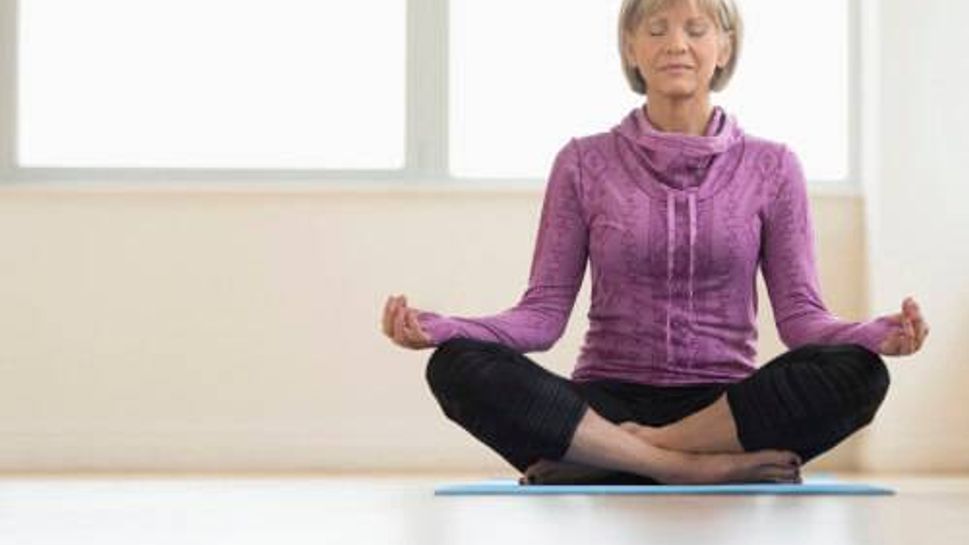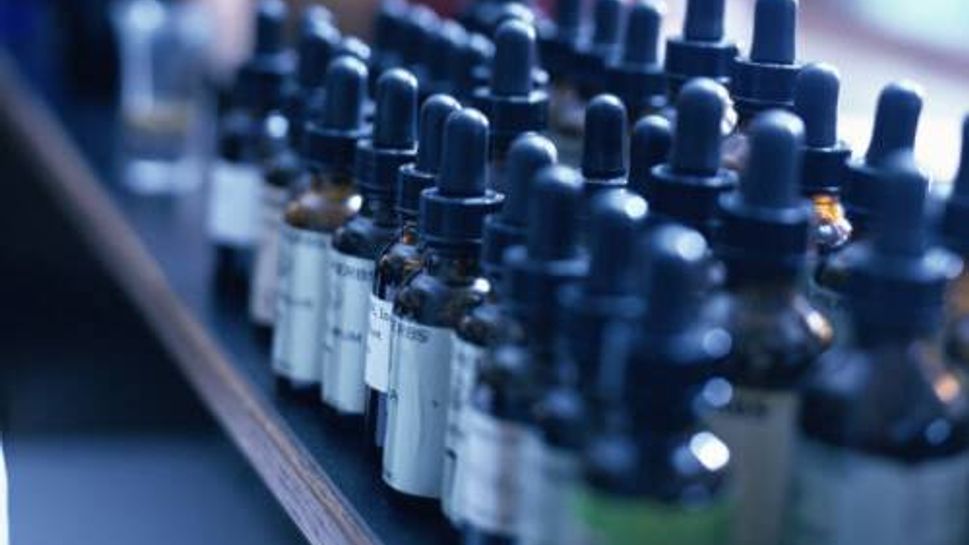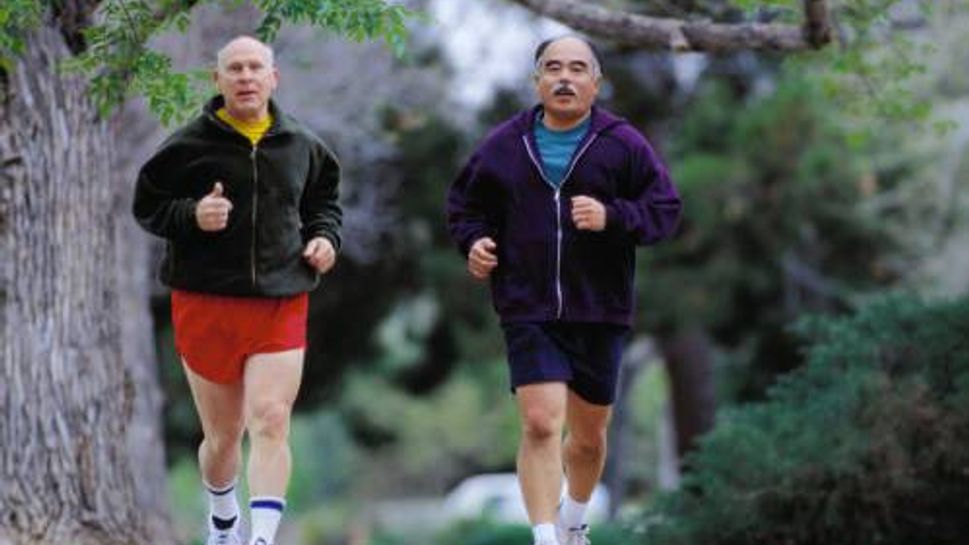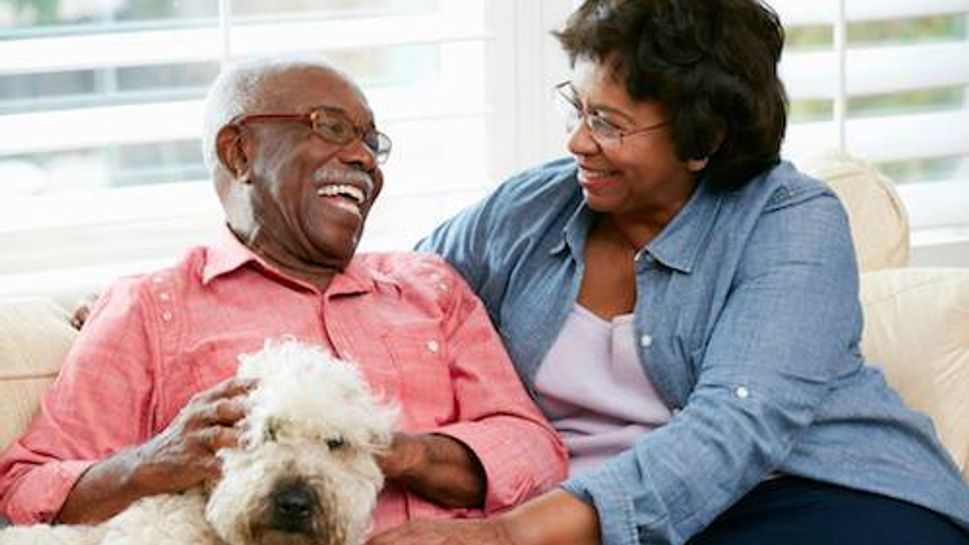6 Good Alternatives to Antidepressants
These natural fixes have been shown to significantly lift mood
(This article previously appeared on Grandparents.com.)
Whether you talk about it or not, chances are you or one of your friends takes an antidepressant to combat depression. A recent report by the Agency for Healthcare Research and Quality (AHRQ) found that in 2010, 16 percent of adults ages of 45 to 64 take at least one antidepressant — a 91 percent increase since 2000. And among adults age 65 and older, the same percentage use antidepressants, up 72 percent from 2000.
If you segment women only, the numbers are even more dramatic: Nearly one in four women aged 40 to 59 takes at least one antidepressant and nearly one in five women aged 60 and older, according to the National Center for Health Statistics.
Antidepressant use is on the rise as more people are turning to medication to treat their depression. "[Depression] is one of the most common mental health illnesses of our time," says Dr. Marie A. Bernard, deputy director of the National Institute on Aging (NIA).
The Lowdown on Antidepressants
Thirty years ago, most mental health researchers believed that depression is caused by a "chemical imbalance" of neurotransmitters in the brain. But the current prevailing theory is more holistic than just blaming brain chemicals.
According to Understanding Depression, a health report from Harvard Medical School, depression is brought on by a diverse cocktail of causes that includes nerve cell and nerve circuitry problems, genetic predisposition, stressful life events, certain medications and underlying medical issues.
Decades of research have shown that antidepressants can help alleviate the symptoms of depression in some patients. "Depression is a condition we now have means of treating which are way beyond the primitive ways of approaching mental health problems," says Bernard. "Antidepressants can really make a difference in a person’s life."
However, antidepressants don't work for everyone; the medical community agrees that SSRIs (selective serotonin reuptake inhibitors) shouldn't be seen as a one-size-fits-all solution. Moreover, some researchers suggest that antidepressants do little more good than non-drug therapies and even placebos when treating anything other than very severe depression. Add to that the high incidence of antidepressant side effects (which can range from headache, agitation and nausea to sexual dysfunction, dry mouth and bladder problems), and you may think twice about taking that pill.
After more than 30 years of experience treating patients with depression, Joyce Mikal-Flynn, a nurse practitioner and associate professor at California State University, Sacramento, School of Nursing, has found that although antidepressants help some people, in some cases a placebo therapy works better. "With situational or minor depression, people are going to get better on their own," she says. "[Their mood] is naturally going to lift and shift, but the side effects of antidepressants may make them feel worse in the end." The best way to help yourself through a difficult time, she adds, is to tell yourself that depression is normal — that feelings ebb and flow.
“If the person is not having an issue with a chemical imbalance, then adding an antidepressant may not make much of a difference in their overall functioning,” says Lisa Strohman, clinical psychologist and founder of Technology Wellness Center in Scottsdale, Ariz. “[Antidepressants] help people who are in current severe stress that have an actual imbalance or need for pharmacological intervention.”
She and other mental health professionals believe SSRIs can be a viable short-term strategy for kicking someone out of a depressive slump, but that drugs should eventually be tapered off in favor of healthy living strategies. “While antidepressant drugs can help improve mood, they cannot solve problems in people’s lives,” she says.
So if you can't tolerate medication or you tried antidepressants but they don't work for you, consider trying one of these natural fixes featured in the slideshow below.
1 of 6

Practice mindfulness
What if you could retrain your brain to respond differently to your thoughts? That’s the basis of mindfulness-based cognitive therapy (MBCT), a method recently shown to prevent relapse into depression among some participants in a two-year study of depressive patients in the United Kingdom. Half the group was weaned off of maintenance antidepressants and introduced to a system of daily homework assignments and group mindfulness therapy sessions that helped them overcome relapse when they were exposed to depression triggering scenarios. The other half continued taking antidepressants only. Researchers found that the rate of relapse was slightly lower for the MBCT group (44 percent) than for the antidepressant group (47 percent), but that both therapies resulted in positive outcomes.

Take roseroot herb
Researchers who conducted a study at the University of Pennsylvania’s Perelman School of Medicine have promising news for people who suffer from depression, but react poorly to prescription medicine. After 12 weeks of receiving either Rhodiola rosea (roseroot), the conventional antidepressant sertraline (or Zoloft), or a placebo, patients taking roseroot had 1.4 times the odds of improvement vs. 1.9 times with sertraline — a marginal difference. But in terms of side effects, the study was a blowout. Sixty-three percent of the sertraline group reported side effects, most commonly nausea and sexual dysfunction, while only 30 percent of the patients taking roseroot reported any side effects at all.

Work up a sweat regularly
There have been many studies examining the effects of exercise on depression. In 2013, researchers at the University of Toronto undertook a study of all the studies from the past 26 years — 6,363 of them to be exact. They ended up focusing on 30 high-quality studies and discovered that 25 demonstrated regular physical activity lowers your risk of depression. Physical activity in the studies ranged from 20 to 30 minutes a day of walking and gardening to more intense cardiovascular exercise.

Get a massage
Not all depression remedies have to be hard work. In an analysis published in the Journal of Clinical Psychiatry in 2010, Dr. W.H. Hou examined 17 different studies and found that massage therapy is significantly associated with alleviated depressive symptoms.
“One of the things that can bring on depression is chronic pain,” says Mikal-Flynn. “Anything you can do to reduce the pain — acupuncture, massage, etc. — will also help with depression.”

Spend time in the sun
Here’s a two-for-one special for you: Plain, old sunshine has been proven to ease depression and protect your brain function. A 2009 study published in the journal Environmental Health followed 16,800 participants aged 45-plus and found that sunlight exposure regulated serotonin and melatonin and had a positive effect on cognitive function.
In related news, a 2011 study of more than 80,000 post-menopausal women found that participants who ate foods with more vitamin D, a compound your body produces naturally in response to sun exposure, had a 20 percent lower risk of depressive symptoms.

Try pet therapy
Nearly 80 million households in the U.S. own a cat or a dog or both, which means they probably already know that animal companions are seriously good for your health. A 2012 study found that hanging with Fido reduces stress and improves trust, empathy and mood, among other benefits. Researchers believe the beneficial effects are due to increased oxytocin, the powerful hormone your body releases during hugging, touching and orgasm that promotes trust and generosity.
“I recommend pet therapy,” says Mikal-Flynn. “Get a cat or dog. Petting them affects your brain chemistry.”
Grandparents.com is a lifestyle website, social media community & peer group that unites & connects America's 70 million Grandparents to the best information and premier products & services just for them. Our goal is to promote well-being and give timely information on what really matters to you, from health and money to family and relationships to travel and retirement.

